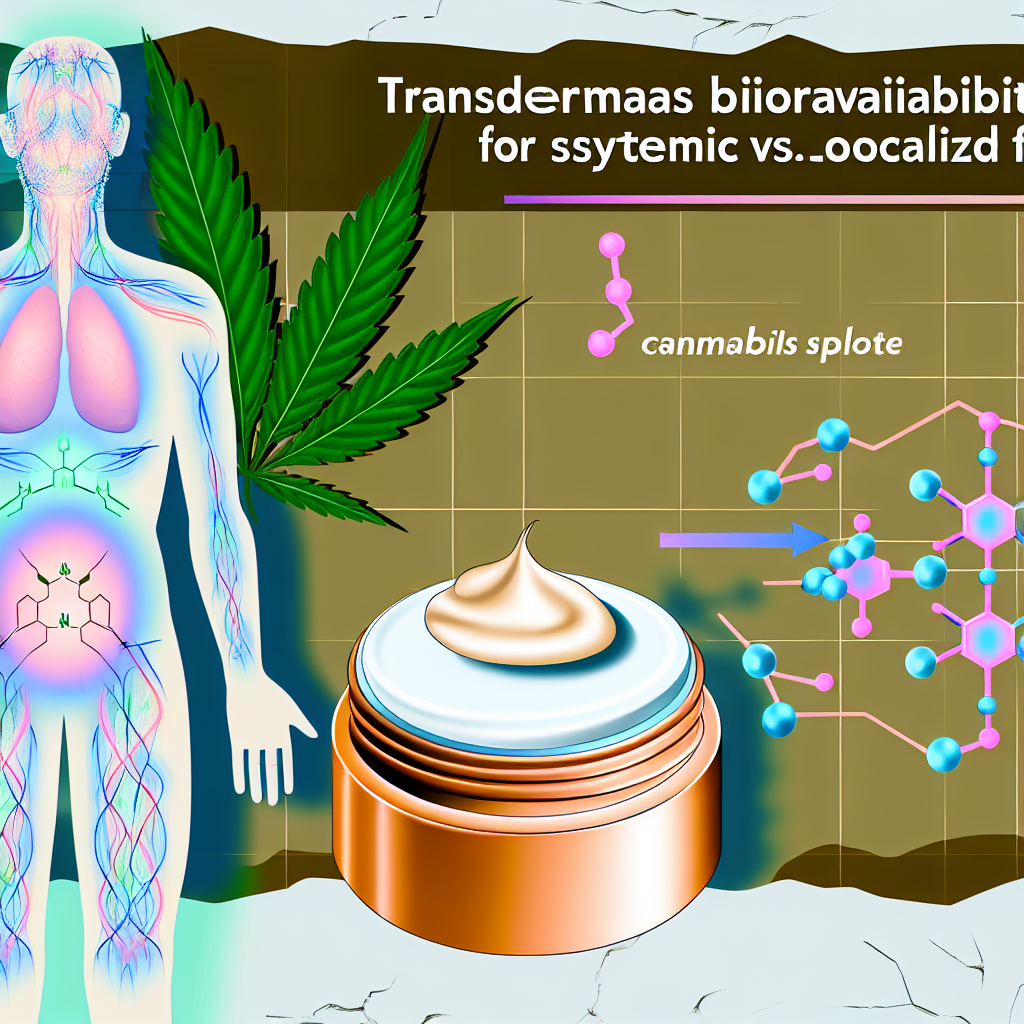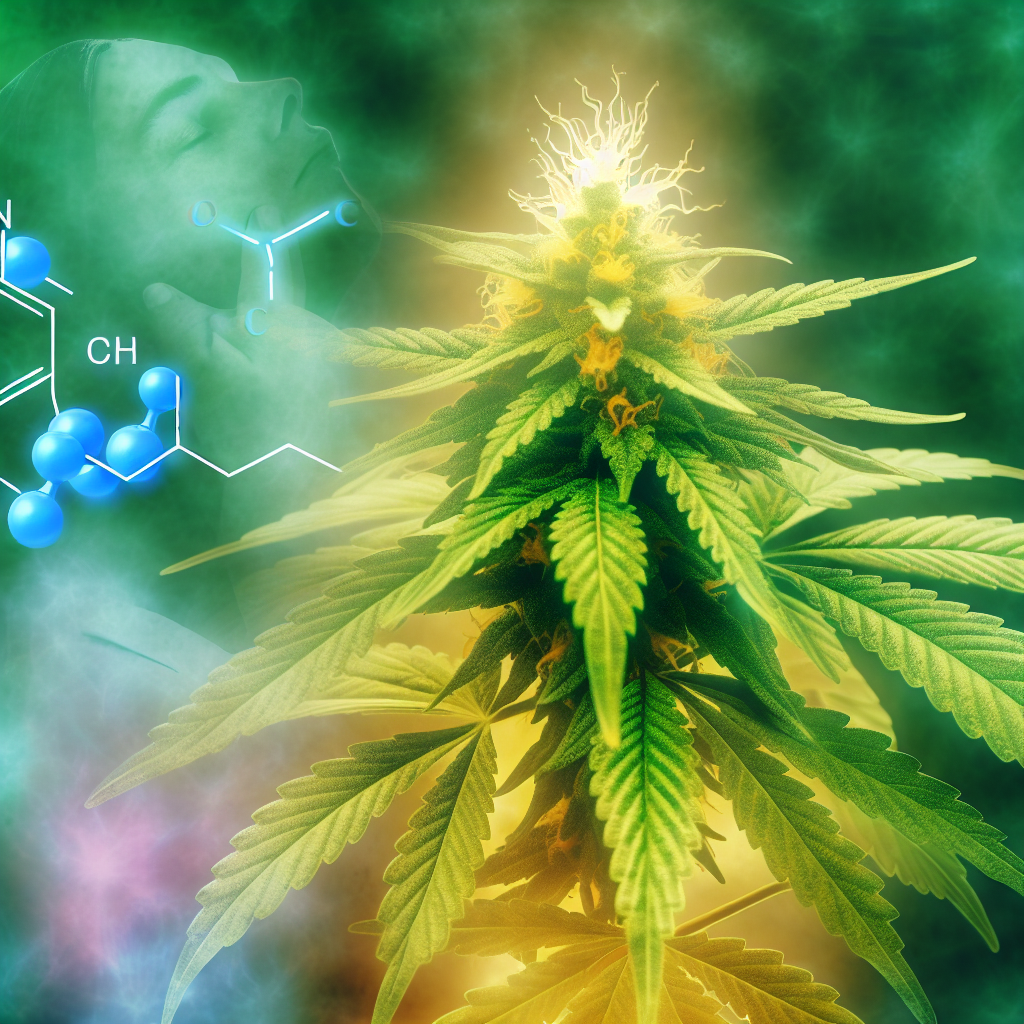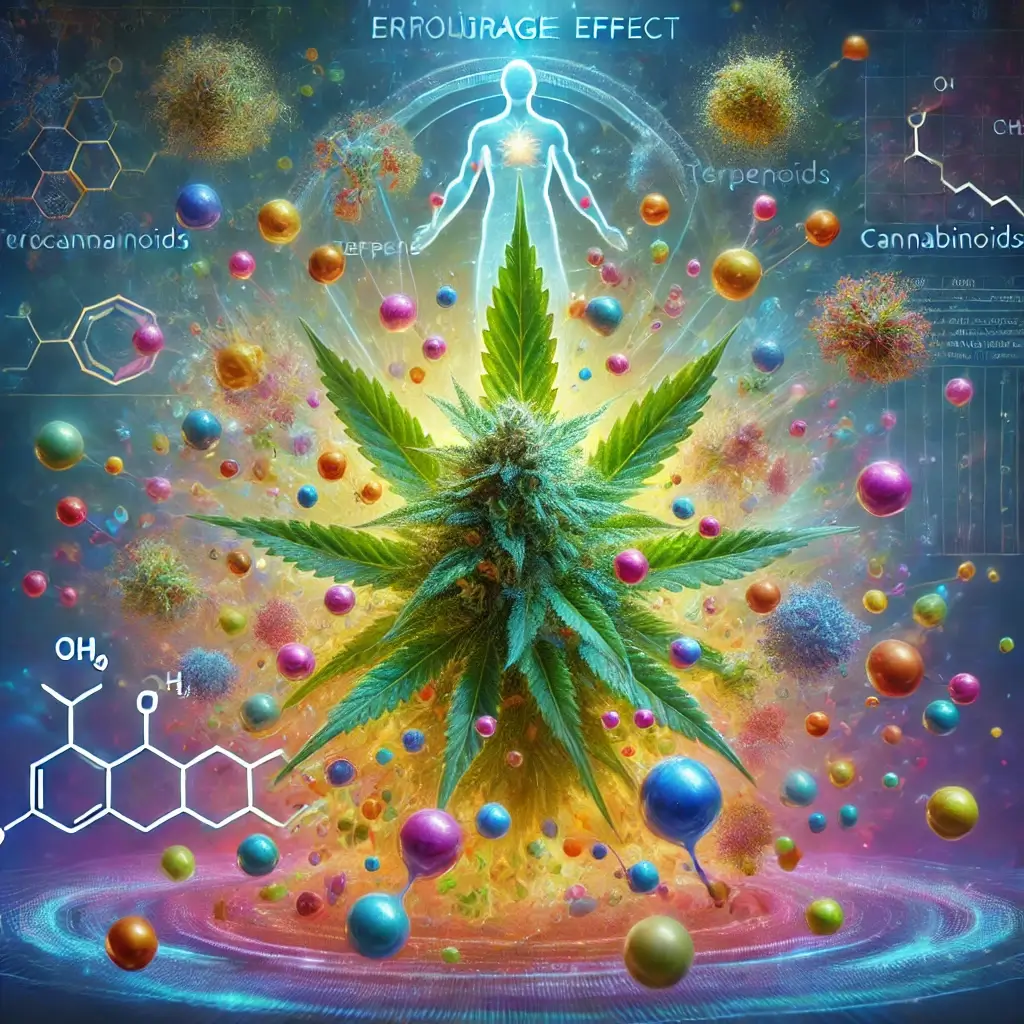The possibility of cannabis as a treatment for post-traumatic stress disorder (PTSD) is attracting more and more research. Exposure to a stressful experience can lead to the development of post-traumatic stress disorder (PTSD). Anxiety, despair, nightmares, flashbacks, and other symptoms may manifest in those who have post-traumatic stress disorder (PTSD). Evidence that cannabis helps alleviate PTSD symptoms is mounting. One study indicated that cannabis helped alleviate PTSD symptoms like anxiety, despair, and nightmares in 2018.
Scientific research has shown promise in the treatment of PTSD symptoms by cannabis or its constituents, primarily THC and CBD. With this in mind, a small study (n = 10) indicated that supplementing with 5 mg of THC twice a day improved sleep quality and reduced nightmare episodes, PTSD hyperarousal (as measured by the Clinician-Administered PTSD Scale), and overall symptom severity.
Nabilone
Patients who used nabilone, a synthetic version of THC, also reported better sleep quality, with fewer nightmares and reduced PTSD symptoms overall.26 It seems, nevertheless, that THC’s helpful benefits on PTSD are limited; thus, many components of the disease remain unaffected. This may be because there is currently no known treatment for PTSD with THC. Regrettably, there is a lack of consistent evidence and inconsistent results from human clinical research that relate cannabis to PTSD. Symptom relief and warnings about its effectiveness are among these outcomes.
Cannabis
Cannabis has the potential to alleviate PTSD symptoms in several ways. The endocannabinoid system is one pathway. Mood, anxiety, and stress are just a few of the many physiological processes that the endocannabinoid system helps to regulate. Cannabis’ key ingredients, cannabinoids, have a wide range of benefits, including calming the nervous system and increasing feelings of well-being when they attach to the body’s endocannabinoid receptors.
Reducing inflammation is another mechanism by which cannabis may alleviate PTSD symptoms. Several mental health issues, such as post-traumatic stress disorder (PTSD) and depression, have been associated with inflammation. Cannabinoids may alleviate PTSD symptoms by lowering systemic and brain inflammation due to their anti-inflammatory characteristics.
Does Not Alleviate
To be clear, cannabis does not alleviate post-traumatic stress disorder (PTSD). Be mindful that cannabis may cause specific unpleasant side effects, such as a lack of saliva production, red eyes, vertigo, and clumsiness.
Consult your physician about the advantages and hazards of taking cannabis as a treatment for post-traumatic stress disorder (PTSD).
Tips for treating post-traumatic stress disorder with cannabis:
To get the desired effect, begin with a low dose and gradually increase it.
Be cautious not to smoke or vape cannabis if you have post-traumatic stress disorder (PTSD).
To lessen the intoxicating effects of THC, you might want to look into CBD products.
Assessment
Make sure you are in a safe and supervised area when using cannabis.
For information on the safe and effective use of cannabis, consult your physician.
In addition, several drugs may have an adverse reaction to cannabis. In particular, if you are already on any kind of prescription, you should see your physician before using cannabis.




